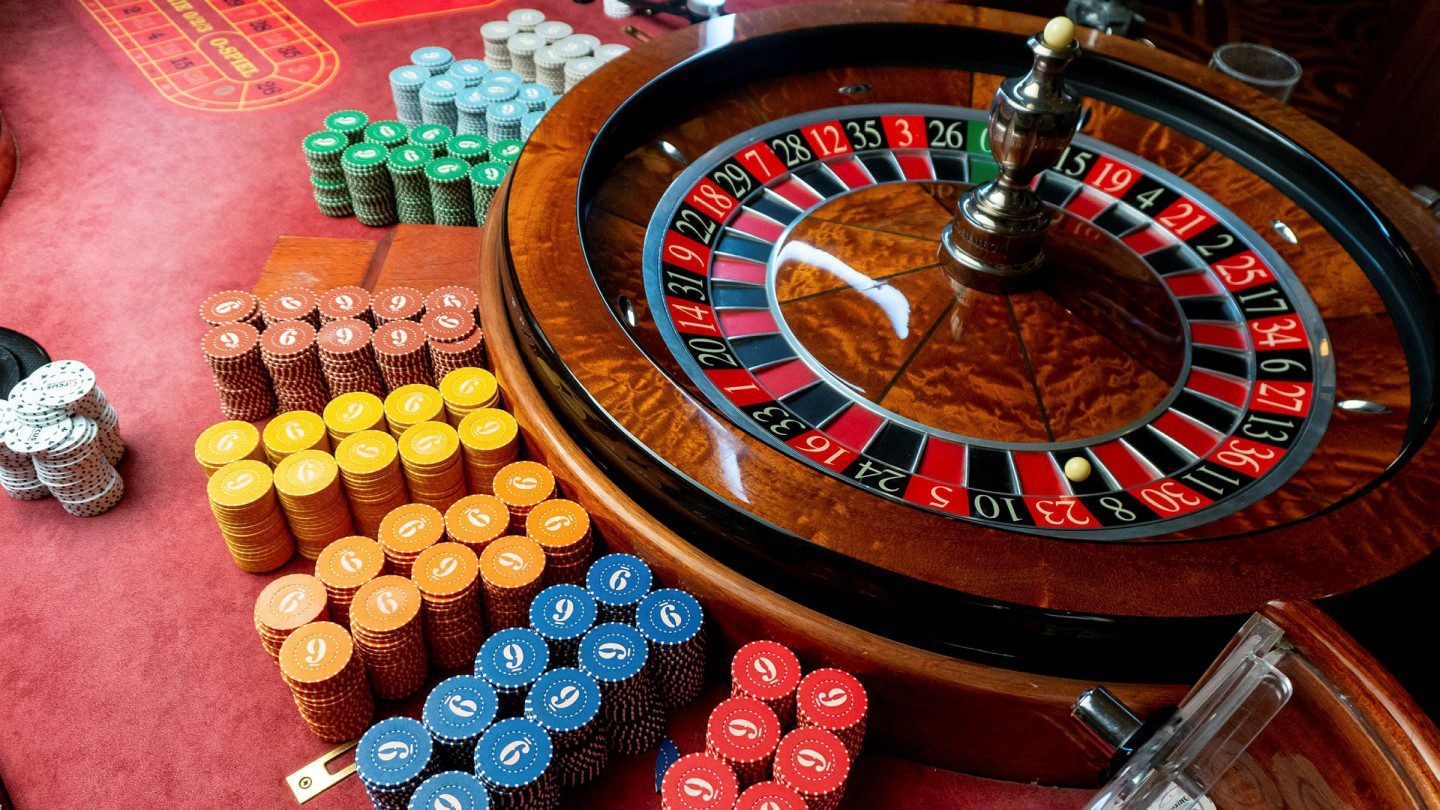
Gambling in casinos has long been a topic of fascination and debate, drawing in millions of players around the world. With a mix of chance, strategy, and the thrill of uncertainty, casino games offer an exhilarating escape from everyday life. However, as entertainment becomes ever more available, it calls for a more thorough examination of the ethical implications surrounding these games.
At the heart of the debate lies the issue of whether casinos promote safe gambling or exploit at-risk individuals. The allure of potential winnings versus the truth of losses can create a complex dynamic, and understanding this balance is essential for both players and operators. As we delve into the morals of casino gaming, we will explore the duties of casinos, the impact on society, and the measures that can be taken to foster a healthier gaming environment.
The Impact of Casino Gaming on Society
Gambling in casinos has a considerable influence on the community, affecting not only the financial landscape but also social behaviors and local frameworks. The revenue generated from casinos can lead to job creation and boost regional economies, as they provide multiple employment opportunities in multiple fields including food and beverage, leisure activities, and shopping. However, while the economic advantages can be substantial, communities often grapple with the possible negative impacts that arise from increased gambling activity.
Moreover, the presence of casinos can lead to an rise in gambling addiction, presenting serious challenges for players and families. The thrill of casino games can quickly evolve into a habitual habit, affecting personal relationships and leading to monetary issues. Many players may find it difficult with the loss of control over their gambling behaviors, resulting in a need for assistance programs and interventions to address this growing issue. The social cost of addiction can ripple through families and neighborhoods, creating an urgent need for responsible gaming initiatives.
In addition to the economic and social consequences, casino gaming often reflects cultural attitudes towards risk and leisure. It can encourage a sense of joy and leisure, attracting tourists and boosting local travel. However, this allure may also mask the wider implications of gambling as a form of entertainment, raising ethical questions about its promotion and accessibility. As communities weigh the advantages and disadvantages of casino gaming, the need for responsible practices and oversight becomes increasingly critical in ensuring that the beneficial elements are maximized while reducing the negative effects.
Moral Concerns in Gambling Practices
The ethics of gambling gaming often revolve around the potential for addiction and its consequences on individuals and households. Betting can lead to serious monetary distress, impacting not only the gamblers but also their families. As people become entrapped in the appeal of winning, many lose sight of their budget, which can result in catastrophic outcomes such as insolvency. This raises moral questions about the duty of gambling establishments in fostering safe gambling habits and providing support for those who may be dealing with gambling addiction.
Another major issue is the promotion of betting to vulnerable groups. Casinos often aim at low-income individuals or neighborhoods with the offer of quick rewards, which can continue patterns of poverty and despair. In this situation, the ethics of advertising strategies used by casinos come under scrutiny, as they may exploit the desperation of individuals seeking an way out from financial hardships. This manipulation raises moral questions about the integrity of the betting industry and its obligation to protect its most vulnerable customers.
Additionally, the effect of gambling operations on society as a entirety cannot be overlooked. While some argue that casinos create employment and stimulate local economies, others point to the community costs associated with problem betting, increased criminal rates, and a burden on public services. Balancing financial advantages with the potential for social harm presents a challenging ethical dilemma for lawmakers and casino operators alike. The difficulty lies in discovering a ethical approach that takes into account the well-being of individuals and society while still allowing for the pleasure of gambling gaming.
Regulation Framework and Responsibilities
The oversight system pertaining to gaming activities is developed to ensure fairness, trustworthiness, and participant protection. Various government agencies and gambling commissions set and implement regulations that dictate how gambling operations function, the guidelines for game design, and the processes for processing prizes. These regulations change by region but commonly involve permit requirements for providers and strict measures to prevent deception and scams.
In furthermore to governing bodies, gaming businesses bear major responsibility in preserving moral standards within their venues. They must adopt ethical gaming practices that support player protection and education, including offering self-limitation options and sharing information about the risks connected to gaming. Operators are also accountable for training employees to spot signs of compulsive betting and know the proper steps to help visitors in distress. casino en ligne francais
Furthermore, clarity in casino operations is vital for gaining and keeping public faith. Operators should present clear details about the odds of games, marketing deals, and any associated hazards. By fostering an atmosphere of honesty and responsibility, operators can help mitigate the likelihood harmful impact of gaming while enhancing the complete gambling experience for all gamblers.